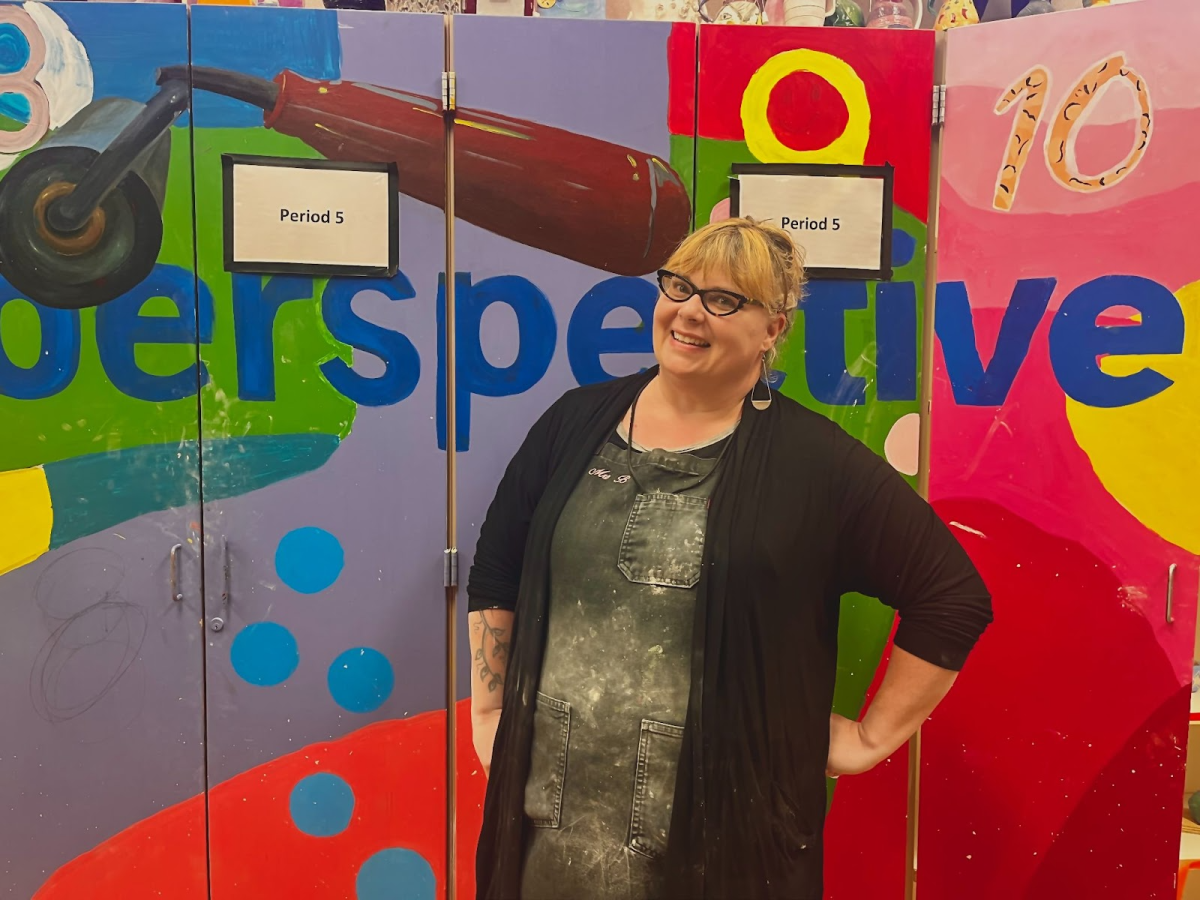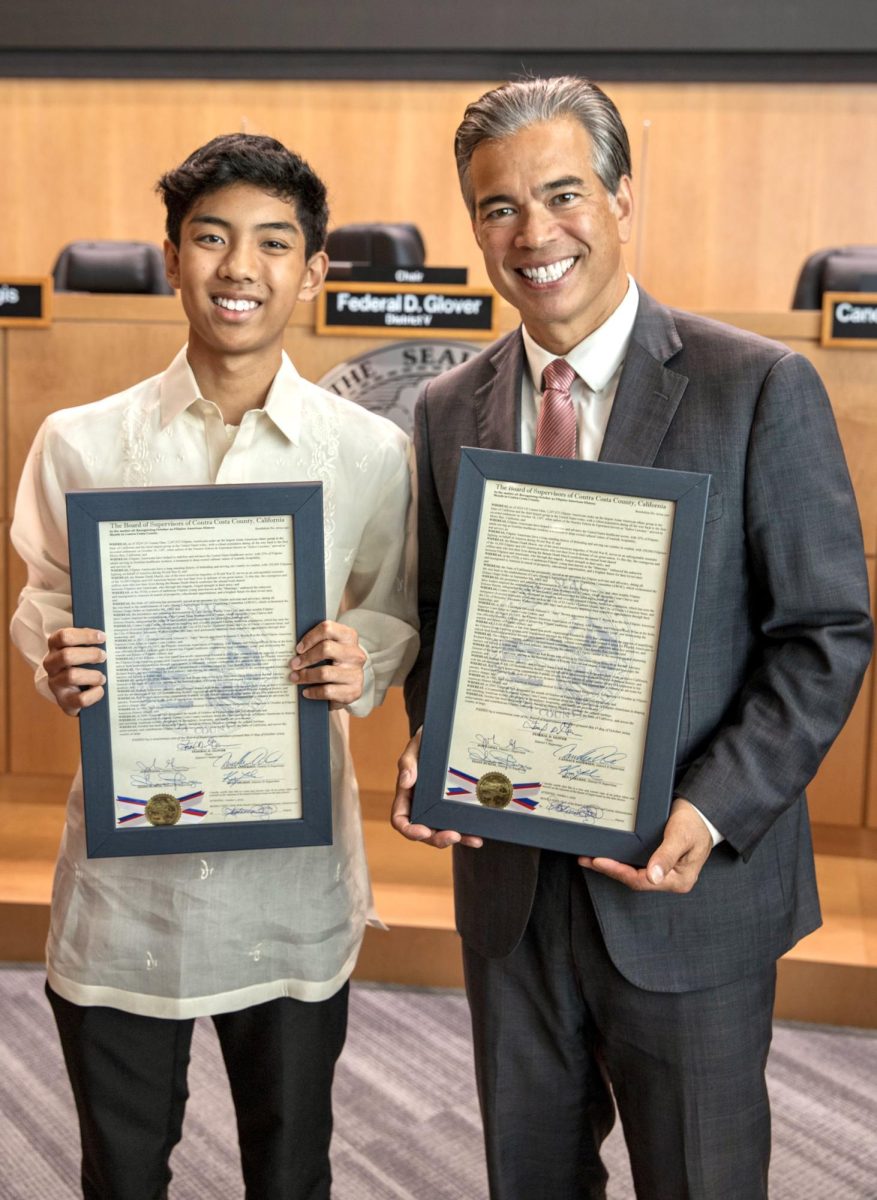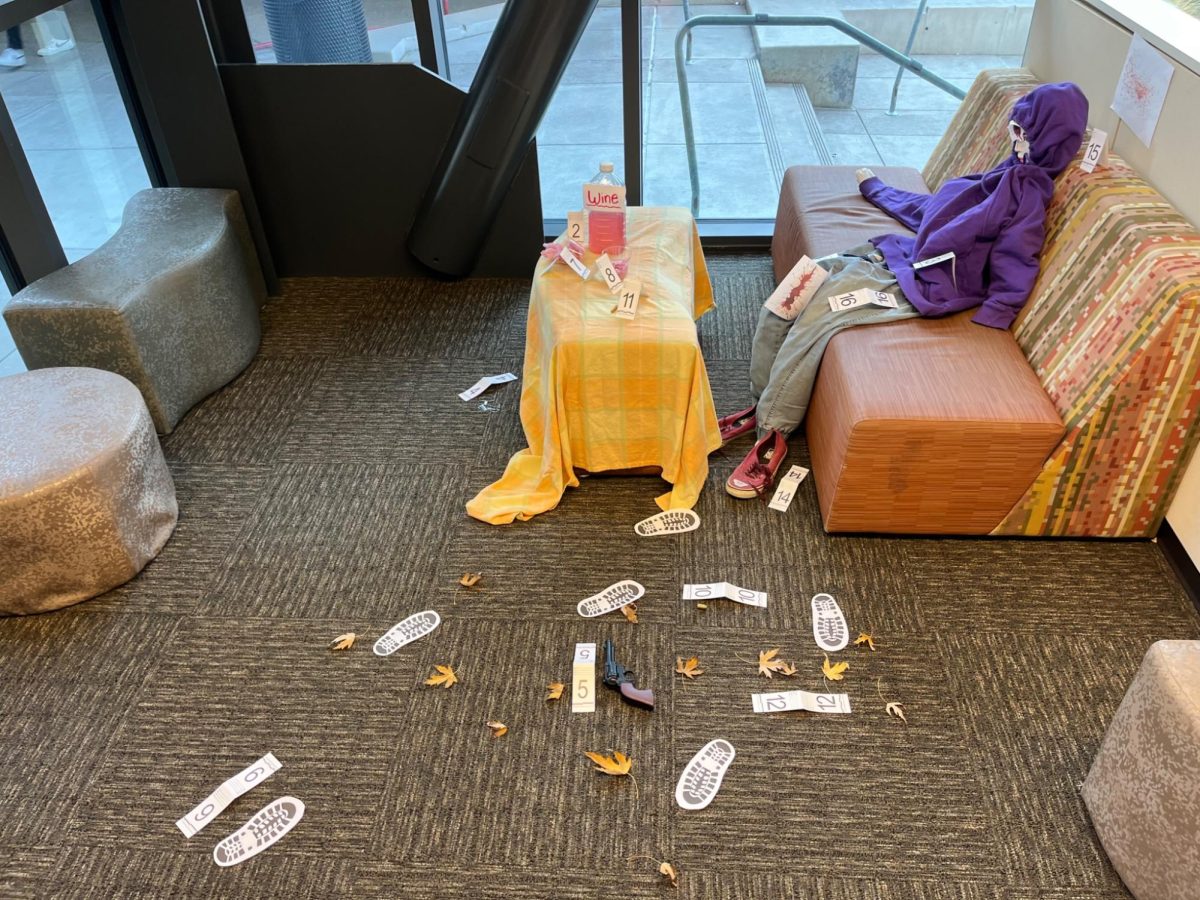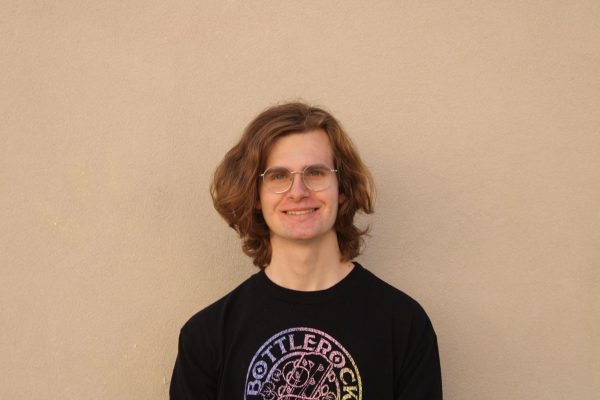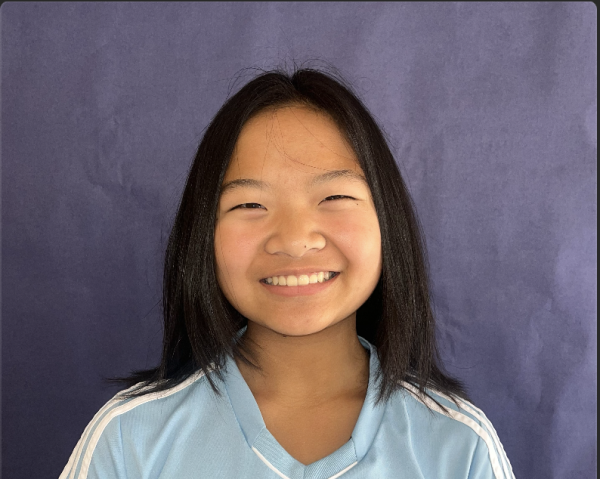Monte Vista has a total of 23 non-departmental classes, the majority of which are available for all grade levels. However, even if students know that electives like Speech and Debate, Photography, and Yearbook exist, many are unaware of what goes on in their day-to-day classes.
David Matley’s Speech and Debate classes include Oral Interpretation, which transitions into the other two classes: Advanced Speech and Advanced Debate. In Oral Interpretation, students will learn various speech and debate events, and go on to practicing a specific one in the advanced classes.
Every student has the opportunity to attend tournaments, which run from 9 a.m. to 5 p.m. and consist of three to four rounds. These tournaments usually happen in classrooms around the Bay Area, out of state travel only happening two to three times a year.
“The main reason why kids should be taking a speech and debate class is because you develop confidence, self-esteem, and speaking skills,” Matley said. “And [students] realize later on…during that whole process, [they] really became this confident speaker, and it really opened up a lot of career opportunities.”
Timothy Soucy’s Photography courses also allow for students to gain new skills. Photography 1 and Photography 2 (Advanced Photography) teach students how to shoot with 35 mm film, develop images, and process them in the “darkroom.” Class time is also spent learning Photoshop and how to use it to digitally manipulate photos.
“The process of developing and printing in the dark room…really teaches them more in-depth what photography is all about,” Soucy said. “That handmade sort of aspect of it… You have to understand how to do every step and how to do it right.”
For class projects, students must also perform research for their pictures. Soucy emphasized that you must have a goal in mind when researching for a photography project, just as you would for an essay. As students progress into Advanced Photography, their work becomes much more interest-driven.
For students in Joshua Cohen’s Yearbook class, their work is similarly influenced. Yearbook, or Publications, consists of two classes: Publications and Advanced Publications. At the beginning of the school year, class starts with getting students acclimated to working on the yearbook, featuring team building activities and an introduction to eDesign (the computer program they use in class).
On a typical day, students either work on the yearbook pages they’ve been assigned to, take photos, or gather interviews from students, putting the yearbook together as they go. Deadlines are important to this process because Cohen uses them to keep everyone on track.
This year, the completed yearbook is due right before spring break. Afterwards, the class becomes a bit more relaxed, and students are given the time to plan their future in Yearbook. Cohen sees who is interested in returning and finds potential editors, and students present ideas for the yearbook’s theme next year.
“If you are hardworking and you’re dedicated to learning and growing, then [Yearbook] is a great place to do all those things,” Cohen said. “I really think that it’s a really well balanced classroom.”
MV has countless electives beyond these three, all of which benefit students in their own ways. If you’re interested in gaining new skills that will help you in the future, taking any of these classes would be a helpful addition to your schedule.


